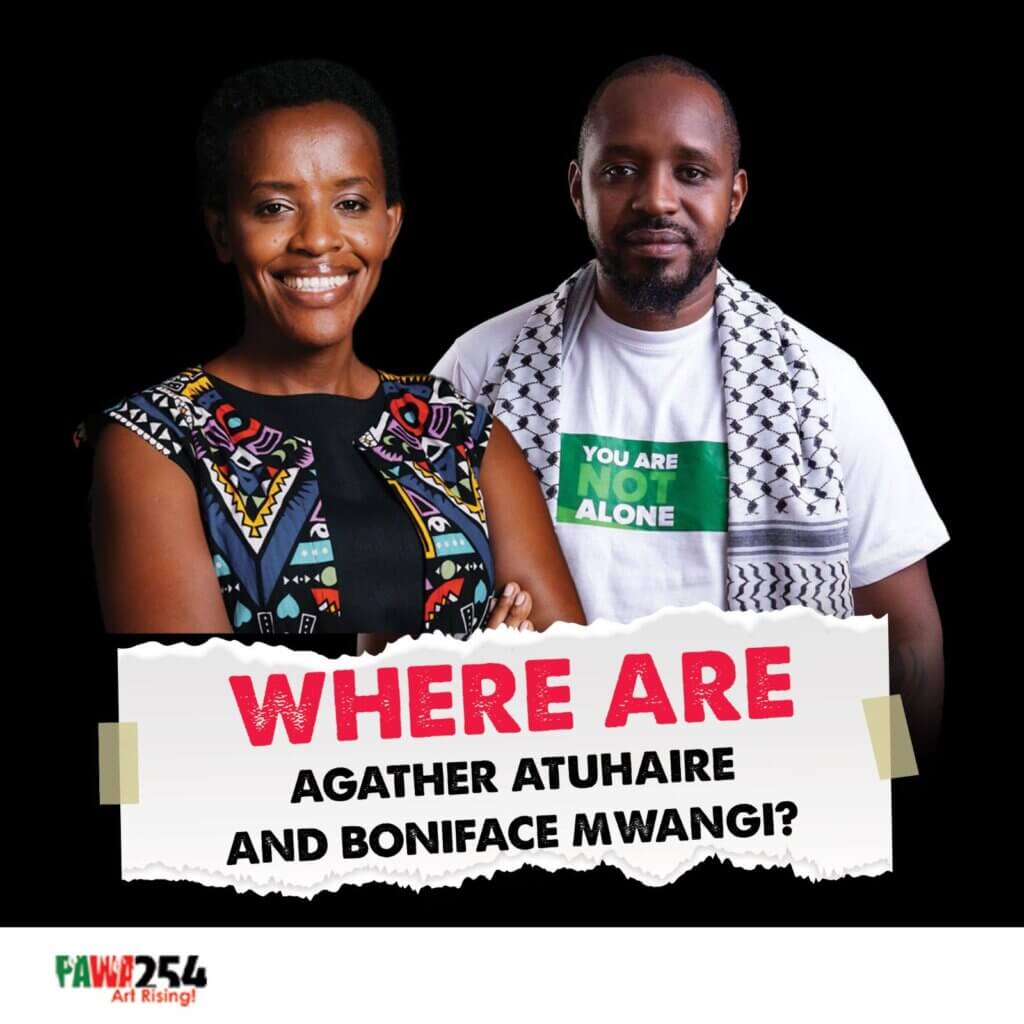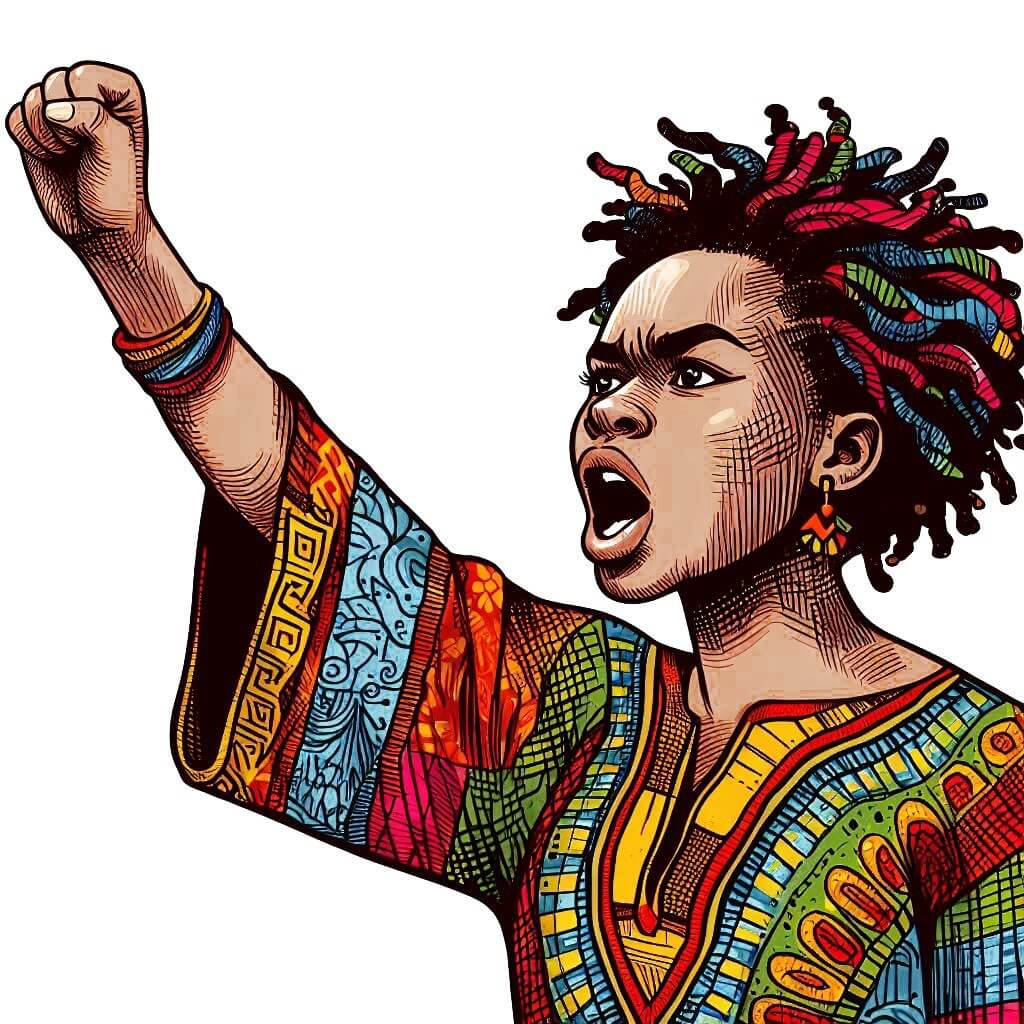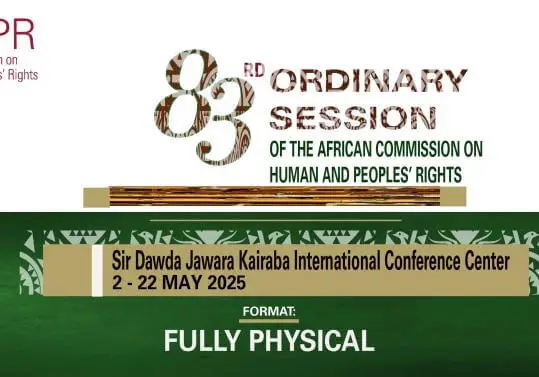PRESS STATEMENT:The Police Reforms Working Group condemns the enforced disappearance and torture of Human Rights Defender Boniface Mwangi, calls for the immediate release of Agather Atuhaire
Nairobi, 22 May 2025: The Police Reforms Working Group Kenya (PRWG-K) has this morning learnt that Mr. Boniface Mwangi, a renowned human rights defender, was dumped on the Kenya- Tanzania Border. Whereas we are relieved that Mr. Mwangi has been found alive, he has visible signs of torture. We therefore strongly condemn his unlawful arrest, […]
STATEMENT ON THE HARASSMENT, ARREST AND DETENTION OF HUMAN RIGHTS DEFENDERS IN THE UNITED REPUBLIC OF TANZANIA

Nairobi, Kenya May 21, 2025 We, Human Rights Defenders, are deeply concerned on the whereabouts of human rights defender Boniface Mwangi of Kenya and Lawyer/Journalist Agatha Atuhaire of Uganda. The two were arrested, without warrant, from the Serena Hotel in Dar es Salaam, Tanzania on Monday, 19th May 2025, by persons who identified themselves as […]
Women Human Rights Defenders in Kenya Fact Sheet – Ni Mama Network

#NiMamaNetwork Defenders Coalition recognizes the work of women human rights defenders: All women and girls who work for human rights, all people who defend the rights of women and girls, and all people who defend the rights to be free from discrimination and violence based on gender and sexuality. #NiMamaNet, which is a national network […]
Statement Presented during the 83rd Ordinary Session of the ACHPR on the Situation of Human Rights Defenders in Kenya

STATEMENT BY THE NATIONAL COALITION OF HUMAN RIGHTS DEFENDERS – KENYA (DEFENDERS COALITION), TO THE CHAIRPERSON OF THE AFRICAN COMMISSION OF HUMAN AND PEOPLES’ RIGHTS (ACHPR) Observer Status Number: 500 Thank you, Chairperson Honourable Chairperson, commissioners and distinguished delegates Chairperson, The National Coalition of Human Rights Defenders—Kenya (Defenders Coalition) is grateful for the opportunity to […]


